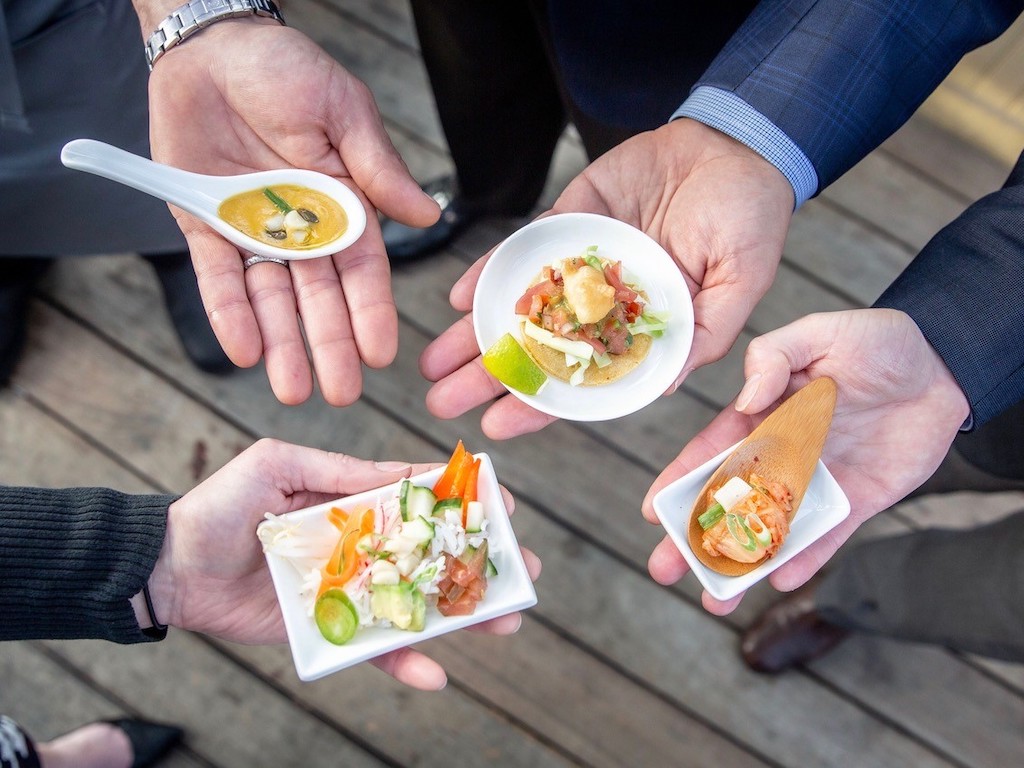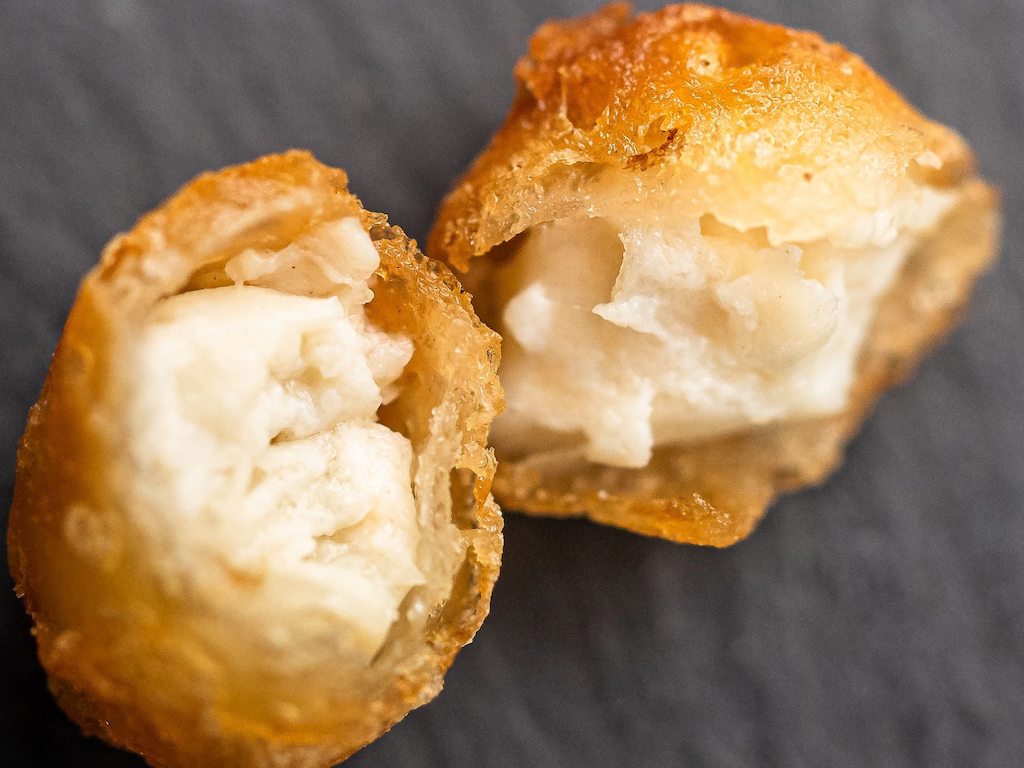A consensus is building around the term “cell-cultured” as the best description of seafood grown directly from cells in a lab, in comments published by the U.S. Food and Drug Administration (FDA). The document contains feedback and discussion about regulations to label cell-based seafood from industry stakeholders, including food tech players such as BlueNalu, Memphis Meats and Finless Foods.
While there has yet to be any final decision regarding rules and regulations over the labelling for seafood products that have been cultured using cellular agriculture technology, an agreement appears to be building in favour of using the term “cell-cultured” to describe such products. Meanwhile, most stakeholders agreed to move away from terms such as “lab-grown” and “clean meat”.
These comments were recorded in a call made by the FDA for a discussion on terminology, which was sent out in late 2020 and collected until March this year. The FDA, along with the U.S. Department of Agriculture (USDA), said they would be working on the rule-making process of cell-cultured products in a virtual conference in July 2020 in order to “eliminate any confusion among consumers” and “ensure that labelling is truthful and not misleading”.

Those who joined the commentary include multiple U.S. cell-based protein food techs, such as Finless Foods, BlueNalu and Memphis Meats. While the former two startups are focused on developing real fish proteins, such as tuna, directly from cells, Memphis Meats is working on culturing meat products such as chicken and beef.
According to the document, the big issue when it comes to agreeing on the right terminology and labelling for the novel alternative protein is to effectively explain to consumers, in concise and simple terms, what the concept of “protein grown from animal cells in bioreactors” means. It will need to convey the safety of the product, that it is identical to real animal meat, but is produced differently to its conventional counterparts.
So far, the only country where cell-based proteins have been commercialised is Singapore, where San Francisco-based Eat Just was given the go-ahead in December 2020 to sell its cultured chicken bites.

Finless Foods said in its comments that it “strongly supports an accurate, non-misleading, and descriptive label that clearly outlines what the cell-cultured products are, including species and product form, and how they are made, in a way that is uniform within the cell-cultured seafood category and consistent across categories.”
“Therefore, we recommend that FDA adopt and memorialize the use of the term “cell-cultured” through the mechanism of a CPG or a letter to industry to provide appropriate guidance,” the startup concluded, referencing research undertaken in 2020 by Professor William Hallman of Rutgers University that finds that terms such as “cell-based” and “cell-cultured” would be most effective in informing shoppers.

Memphis Meats, who also leaned towards using the term “cell-cultured” added that the term should be used “in conjunction with the name of the conventionally-produced seafood product, in the statement of identity or name of cell-cultured seafood products,” such as whether it is tuna or salmon.
The food tech added that the type or format of product should also be specified to “appropriately” describe the product, such as whether it is a fillet or a steak.
Other comments made from industry stakeholders include considerations of food transparency, giving consumers sufficient alerts about allergens in adherence to food industry protocols, and not to discredit conventionally produced animal-based products.
Lead image courtesy of BlueNalu.



